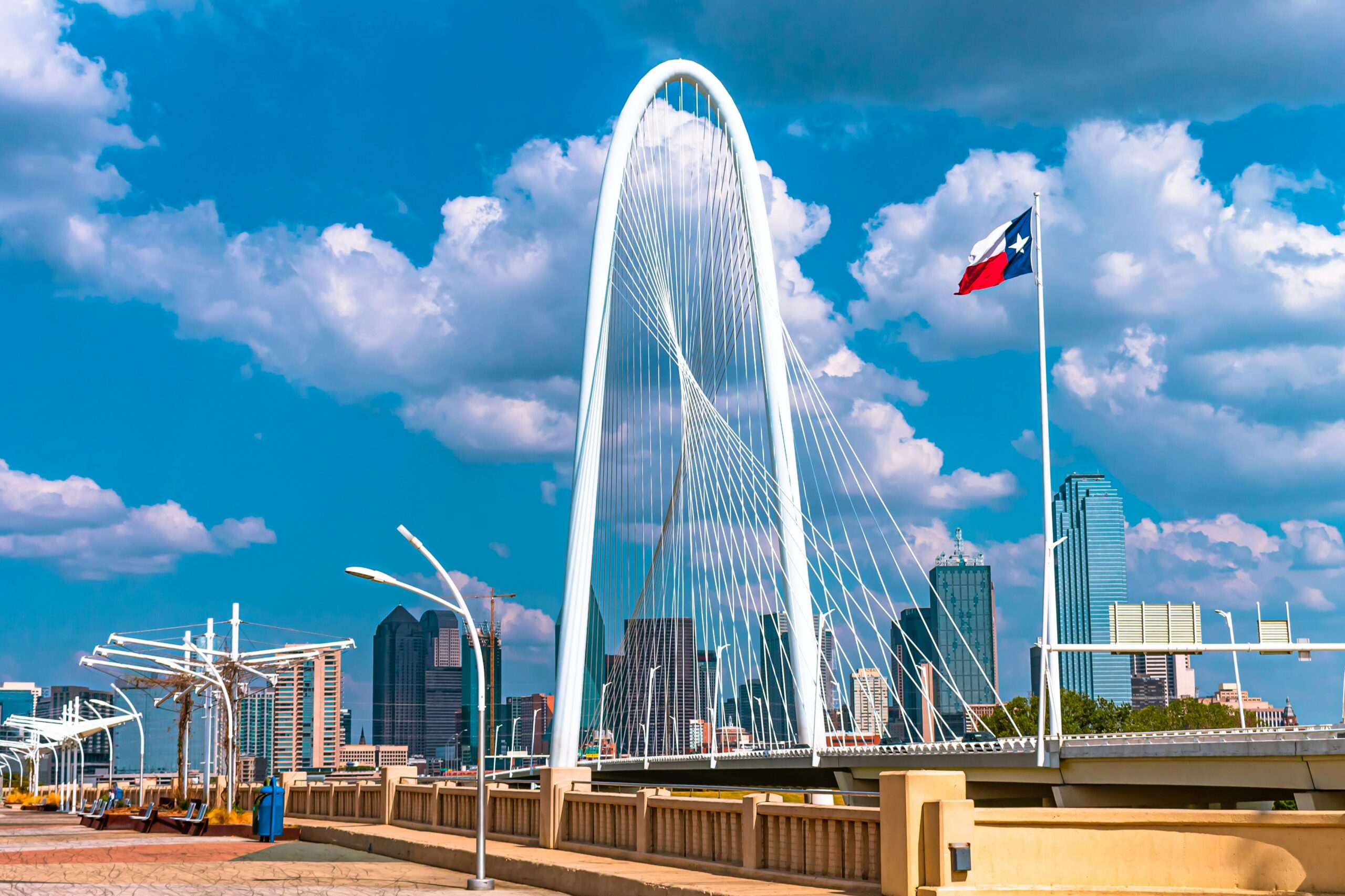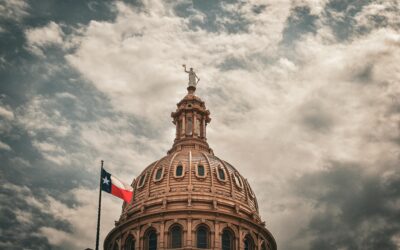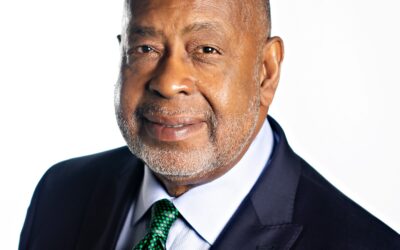The city of Dallas adopted the largest budget in the city’s history during its Sept. 18 meeting, apportioning $5.2 billion for fiscal year 2025 through 2026.
The city leveraged a new budget strategy known as Priority Based Budgeting (PBB) to focus funding for programs essential to city operations and community well-being. Notable highlights include increased investments in automation and technology, street infrastructure, public safety, environmental initiatives and municipal operation changes. The final budget was approved following lengthy City Council deliberation on last-minute alterations and amendments.
The budget features a combined $952.7 million capital budget planned for general purpose and enterprise expenditures. The spending plan highlights several major projects receiving funding for the coming year, including:
- Building a Dallas Police academy at the University of North Texas-Dallas.
- Improving 750 miles of roadway to enhance resilience and sustainability.
- Implementing traffic safety improvements along identified corridors, advancing the city’s Vision Zero Action Plan.
- Expanding and building bike network infrastructure.
- Investing in housing for unsheltered residence and emphasizing homeless prevention and diversion efforts.
While developing the budget, the city prioritized seven categories to guide investments – Safe, Vibrant, Growing, Livable, Sustainable, Fiscally Sound and Core. Goals outlined in the budget targeted these foundational pillars and dedicated investments to achieve improved quality of life, livable communities, improved financial stewardship, enhanced municipal operations and a robust economy.
Half of the holistic budget – approximately $2.2 billion – will go toward building sustainable infrastructure, including the $162 million investment in new and improved roadways. Additional work beyond advancing the Vision Zero Action Plan and 2025 Bike Plan will include supporting the Love Field Expansion Airport Program to enhance the airport transit experience at Dallas Love Field Airport. The city also plans to improve critical water infrastructure and coordinate the implementation of the 2024 $1.25 billion General Obligation Bond Program.
Safety initiatives come in a close second with nearly $1.3 billion allocated for public safety departments and programs. The Dallas Police Department and Dallas Fire-Rescue will both have their budgets increased to a combined $1.2 billion. The Police Department’s budget will be $758 million, and Fire-Rescue will have access to $453 million.
As part of the city’s effort to grow Dallas as an economic leader in the nation, $539 million will be dedicated to support economic development initiatives. The Kay Bailey Hutchison Convention Center Dallas project is noted as one of the city’s major ongoing projects. Additional inclusions in the budget will realign all city-supported real estate development to the Office of Economic Develpoment, invest in public-private partnership (P3) arrangements, update the strategic plan for historic preservation and update the city’s Development Code to align and streamline zoning reform.
The city will spend $533.1 million to improve municipal vibrancy, prioritizing housing initiatives to help address homelessness and create opportunities for safe, reliable living conditions. P3 projects will be a major driver for the city’s homelessness efforts, alongside plans to save money by forming the Office of Housing and Community Empowerment after consolidating four offices:
- Community Care and Empowerment.
- Equity and Inclusion.
- Homeless Solutions.
- Housing and Community Development.
Dallas will also pursue accessible and affordable housing through the Housing Pathways Framework and advance climate efforts by implementing the Comprehensive Environmental and Climate Action Plan across city departments.
Livability will continue as one of the city’s core focuses, with a total estimated budget of $280.9 million for the upcoming year. Residents deserve to live in clean, healthy communities. Initiatives geared to support these communities will center around providing adequate care for pets, such as spay and neuter services, microchipping and vaccinations. Dallas also plans to launch a cutting-edge camera system to enhance proactive code enforcement, expand the Nighttime Entertainment Strike Team to better manage late night activity and improve the city’s overall animal cruelty response measures.
The city’s $161.8 million investment in core services will emphasize critical improvements to essential operational services via integration of resilient systems, assets and services. Among these efforts, Dallas will:
- Promote two-way communication strategies.
- Develop a strategic asset management framework.
- Invest in AI procurement technology to enhance procurement efficiency.
- Invest in data analytic tools to track cycle times, vendor participation and compliance metrics.
- Increase cybersecurity defense through top-tier cybersecurity technologies.
- Extend the useful life of systems and reduce emergency repairs in city-owned facilities.
The remaining $98.8 million will help improve financial stewardship and optimize taxpayer resource allocation. These efforts revolve around lessening the tax bill for property owners, increasing the minimum wage for municipal employees, repurposing 272 positions and implementing cost mitigation strategies to save approximately $12 million.
Photo by Terrance Barksdale from Pexels







